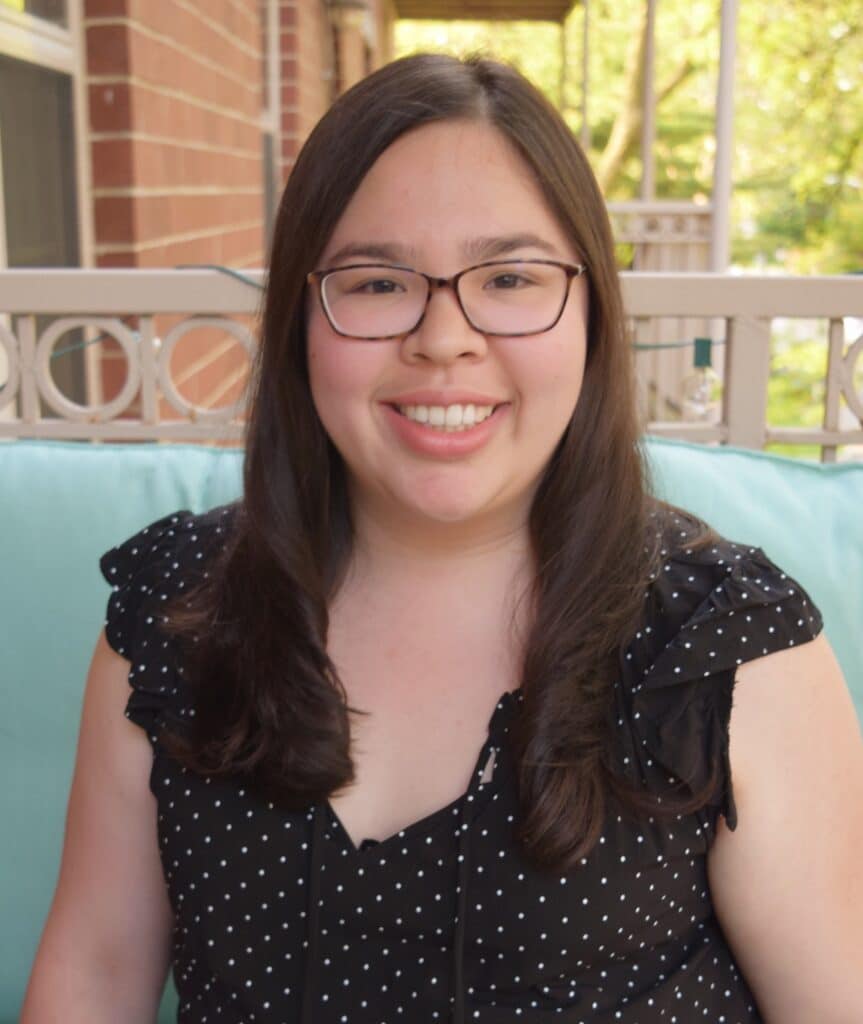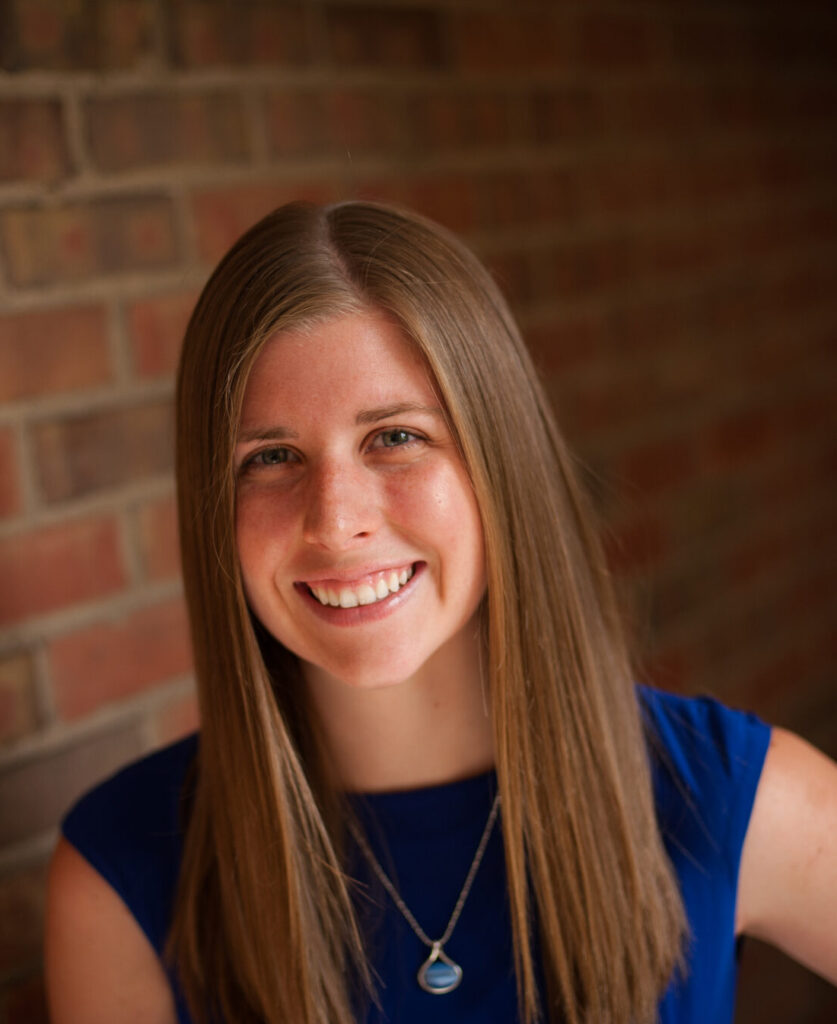While there are many career paths WRD alumni take after graduation, sometimes they end up, not only in the same fields, but working at the same companies. BA program alumni Deanna Gonzalez Barshop (2015) and MA program alumni Hannah Colwill (2018) both left their respective WRD programs to work as technical writers at Relativity here in Chicago.
Relativity is an eDiscovery software company that “helps users organize data, discover the truth, and act on it,” largely used by lawyers reviewing case documents and preparing for litigation. Deanna began working at Relativity while still in the WRD program, taking an internship that led to hire after graduation. She is a senior technical writer, and including her internship, has now worked at Relativity for five years.
After hearing about a job while in the WRD MA program, Hannah joined the Relativity team one week after graduating. She worked as an associate technical writer at Relativity for almost two years before beginning a new technical writing job at Mavens in April 2020. At Relativity, Hannah and Deanna’s work includes a range of responsibilities from researching and writing accurate, user-friendly API and end user documentation to usability testing, updating SEO, and collaborating with the Certification and Training teams.
We recently spoke to Hannah and Deanna to learn more about their work at Relativity and their time in the WRD program.
Can you first start by telling us a little bit about the work you do at Relativity on a day-to-day basis? What might a “normal” day look like for you?
Hannah Colwill: The day-to-day often switches up depending on what is happening. As a technical writer, you get a lot of tickets from clients and from internal people if they have questions about documentation, if they think something’s wrong, if they think you need to add more documentation somewhere… We do a lot of following up with the developers as well. As they’re working on new features and enhancements, we need to stay in touch with them and make sure that stuff [gets] documented.

Deanna Gonzalez Barshop: Relativity releases new features to their software, quarterly, and we have the documentation ready on that day. So that means like all those months beforehand, we have to stay really in tune to the development teams we’re working on to make sure we understand what’s coming up in that release and can document it and have it fully finished and reviewed before the day of that release. That’s really what our main responsibility is, but there’s also just so many other things that pop up, whether that’s tickets or side projects that we do on the documentation team to try to make our processes better. It’s really different all the time.
How have you used what you learned in WRD in your work at Relativity? How did the program prepare you for doing the work of a technical writer?
HC: I think the biggest piece that I took away was in becoming more inundated in the industry. Learning a lot more about the types of conversations that are happening, so that I wasn’t going in cold when I stepped into Relativity. I still remember learning about wicked problems in class and there were so many times at Relativity I thought, “Oh my goodness, there’s no good solution to this. Any solution you come up with, it’s going to create like other problems that you have to solve.” And how do you approach that? How do you think about that critically? WRD helped me think about how to be a lot more intentional about how you’re approaching things from a project management standpoint and from a communication standpoint.
DGB: I think the professional writing class was really helpful in kind of learning those basics. From the program, and being at DePaul, as a whole, one thing that really stuck with me is having empathy for your reader or your audience. Something I think a lot about as a technical writer is… no one dies if we don’t do our job well or aren’t totally transparent, but knowing that your audience is a real person, is very important to me.
Can you tell us a little bit about your transitions to working remotely; both at Relativity, Deanna, and at your new job at Mavens, Hannah?

DGB: Weird is the best way to describe it, I think. Relativity already had very flexible work from home policy; I just never took advantage of it. I was a type of person who liked to come to the office. So the beginning was really hard on me, but everyone has been really supportive and getting us the tools we need to work from home successfully. Now I feel better adjusted. I think I just miss people.
HC: At Relativity, I was already working three days a week from home, so just adding on two more days really wasn’t that hard. Stepping into Mavens, it’s strange having a remote start because you’re not meeting people. I think you miss that initial networking and learning who you can ask questions. But I think the company has done a good job of trying to say like, “Okay, here are three people that you can always approach and ask stuff. They will direct you to the people you need.” So, it’s weird, like Deanna said, but you make it work
What advice do you have for BA and MA students in WRD who might be thinking about a career in technical writing?
DGB: When I decided I wanted to focus on technical writing, I also started doing a minor in information technology because I thought it was necessary to be a technical writer. And it really wasn’t, but it’s been a really great thing to have. I think anyone in any writing field should also just be really well versed in some of those more technical skills like HTML and CSS.
HC: If you can, when you’re picking projects for your classes, choose topics that you’re not always comfortable with. So much of what you write, you’re not going to be comfortable with. It’s going to be very unfamiliar; it’s always going to be new… You just have to be okay learning to ask questions and Googling [what you don’t know]. Being uncomfortable, I think, is a good skill to try and learn.
DGB: My other piece of advice is: Even when you’re just starting out and just applying for jobs, negotiate on your salary. You know what you’re worth, and you’re like a highly skilled person. So act like that. Act like you’re a highly skilled person. Treat yourself like you’re a highly skilled person, and get that kind of salary you deserve.
